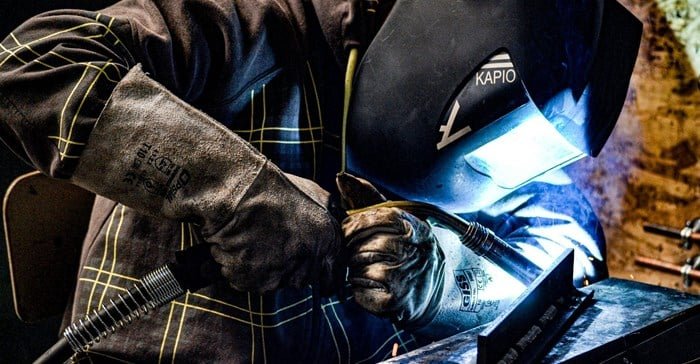In his State of The Nation Address President Cyril Ramaphosa outlined his roadmap for 2025.

The President detailed the projects which would receive priority over the next 12 months to meet what he referred to as “our most urgent task … to grow our economy so that we can create jobs, reduce poverty and improve the lives of all South Africans”.
Conspicuous by its absence once again was detail on defence spending and strengthening our military.
At the South African Aerospace, Maritime and Defence Industries Association (AMD) we believe that revitalising the South African National Defence Force (SANDF) could play a key role in helping government meet some of the goals it has set.
The defence industry represents increased opportunity for our economy and has the potential to contribute approximately 3.5% to our GDP, which would make a meaningful contribution toward addressing the country’s socio-economic challenges.
A world-class defence industry
South Africa’s defence industry produces world-class defence and security products and solutions for governments around the world.
Approximately 95% of the armaments and equipment produced locally are shipped to global markets, contributing significantly to their ability to protect and defend their countries against internal and external threats.
These products play a crucial role in global defence efforts, yet our own military remains underfunded and increasingly vulnerable. Something which has been highlighted by recent events in the Democratic Republic of Congo.
Midway through last year there were positive signs coming from government when it came to defence.
In July the Portfolio Committee on Defence and Military Veterans released a statement saying it would prioritise funding of the SANDF. The committee said it believed that securing proper funding for the SANDF was of utmost urgency and expressed concern that its deployment, specifically as part of the Southern African Development Community Mission in the DRC remained unfunded.
Then in her budget speech Defence and Military Veterans Minister Angie Motshekga emphasised the department’s commitment to engaging Treasury on capital funding, repairing critical equipment, and investing in evolving technologies. This was an encouraging development—but little progress has followed.
Defence investment as an economic driver
The President rightfully emphasised transformation, youth unemployment and job creation as national priorities. A strong local defence manufacturing sector could contribute significantly to meeting some of the goals he set out.
A robust local defence manufacturing capability will bolster our overall defence capabilities, provide opportunities for job creation, skills development and advancement of our technological abilities.
In addition, increased spending will mean new equipment, better training for our soldiers and the attraction of new talent, especially our youth. The defence sector offers employment opportunities including doctors, engineers, lawyers, which would help in addressing the high unemployment rate especially in this group.
Rethinking defence funding
Despite incremental budget increases—R51.8bn for 2024/25, rising to R56.2bn in 2026/27— the SANDF remains severely underfunded. With defence spending at just 0.7% of GDP, well below the international norm of 2%, analysts have warned in the past that our military is increasingly unable to meet its mandate.
With socio-economic challenges placing strain on public funds, South Africa must explore alternative funding models. A public-private partnership (PPP)—a globally proven approach—could provide relief by allowing private companies to finance and develop military systems while the government pays over an extended period. This model fosters innovation, efficiency, and long-term sustainability.
It will be interesting to see if the finance minister Enoch Godongwana deals with defence spending in his Budget Speech later this month.
As the most industrialised nation in Africa and the current President of the G20 our role on the continent and globally is in sharp focus. This increased scrutiny coupled with the potential for economic growth in the defence sector might just raise the profile of South Africa’s military in fiscal discussions in the coming months.










